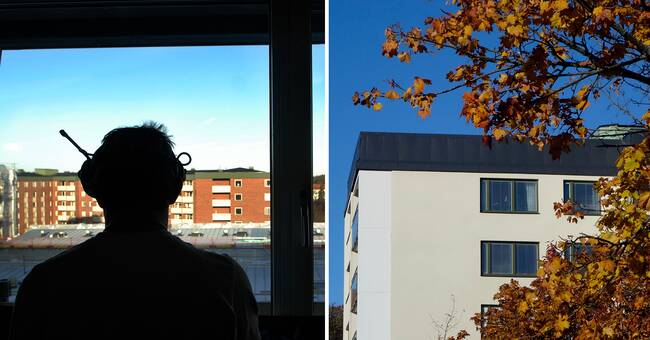On Wednesday, the Riksdag took a position on the Government's bill on strengthened protection for tenants.
Some proposals got the green light.
From the first of January 2022, the rent tribunal will have the opportunity to force property owners to remedy deficiencies in apartment buildings.
Tenants will also be given the opportunity to take the lead in the housing queue if the current apartment is destroyed in, for example, a fire.
But the proposal to ban sharply increased rents as a result of renovations was voted down by the Riksdag.
Behind the decision was, among others, the Moderates.
- This proposal would lead to it becoming more difficult to renovate apartment buildings in Sweden at the same time as we have a huge maintenance debt amounting to several billion kronor, says Carl-Oskar Bohlin (M), member of the civil committee.
Major risks according to M
He believes that the escalation model that can already be applied today at the individual level, when a tenant has difficulty coping with a rent increase, is sufficient.
- If we go further, we risk a situation where more landlords will have difficulty being able to carry out renovations.
We want the tenancy to be an attractive form of housing and then there must be conditions to be able to renovate, he says.
But the Social Democrats believe that today's opportunity for a slow escalation does not work in practice.
- The tenant can still suffer a shock increase already the first year.
This means that people can go from house to house, says Ola Möller (S).
A: "Deeply tragic"
He does not share the Moderates' view that the proposal had led to landlords refraining from renovation measures.
He calls it deeply tragic that the Moderates and the Sweden Democrats voted no to a proposal.
- It is very weak not to understand that the small loss of revenue that our proposal means for property owners does not hinder any investments, says Ola Möller.

